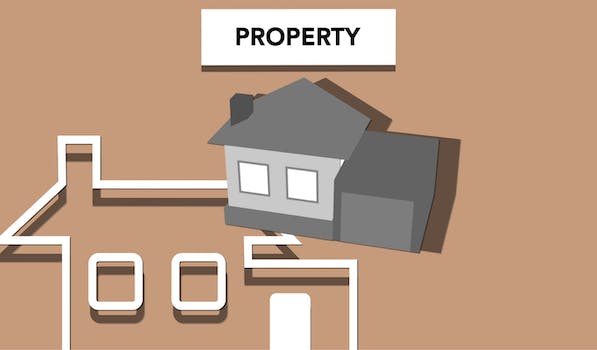
How to Evaluate a Home’s Resale Value
When it comes to purchasing a property, whether you’re a first-time homebuyer or a seasoned real estate investor, one of the most important factors to consider is the home’s resale value. This is especially crucial if you plan on selling the property in the future. In this article, we will discuss the various factors that contribute to a home’s resale value and provide valuable insights on how to evaluate it effectively.
Understanding Resale Value
Resale value refers to the potential selling price of a property in the future. It is influenced by various factors, such as the home’s location, condition, and market trends. A high resale value is desirable as it indicates that the property is likely to appreciate over time, providing a good return on investment for the homeowner.
Factors Affecting Resale Value
There are several factors that can impact a home’s resale value. Some of these factors are within the control of the homeowner, while others are dictated by external forces. Here are some key factors to consider when evaluating a property’s resale value:
Location
Home Size and Layout
Age and Condition
Market Trends
Location is one of the most significant factors affecting a home’s resale value. Properties in desirable neighborhoods with good schools, low crime rates, and easy access to amenities tend to have higher resale values. Additionally, homes with scenic views or proximity to parks and recreational facilities can also command higher prices.
The size and layout of a home can greatly impact its resale value. Generally, larger homes with more bedrooms and bathrooms are more valuable. However, the layout should also be functional and appealing to potential buyers. Open floor plans and ample storage space are popular features that can boost a home’s resale value.
Older homes may have lower resale values due to outdated features and potential maintenance issues. However, well-maintained homes with updated systems and modern amenities can still command high resale values. Regular maintenance and timely upgrades can help preserve a home’s resale value over time.
Real estate market trends can significantly impact a home’s resale value. Factors such as interest rates, economic growth, and housing supply and demand can influence property values. Staying informed about local market trends can help homeowners make informed decisions about when to sell their property for the best return on investment.
How to Evaluate a Home’s Resale Value
Now that we understand the factors that can impact a home’s resale value, let’s discuss some practical steps to evaluate it effectively:
Research Comparable Properties
Consult a Real Estate Professional
Consider Future Developments
Assess the Home’s Condition and Upgrades
One of the best ways to determine a home’s resale value is by researching comparable properties in the area. Look for homes with similar features, such as size, age, and location, that have recently sold or are currently on the market. This will give you a good idea of the price range for similar properties and help you gauge the potential resale value of your home.
Real estate agents and appraisers have extensive knowledge of local market trends and can provide valuable insights into a home’s resale value. They can also help you identify potential improvements that could increase your property’s value. Consulting with a real estate professional can be a valuable resource when evaluating a home’s resale value.
Future developments in the area can have a significant impact on a home’s resale value. For example, new schools, shopping centers, or transportation infrastructure can increase property values in the surrounding area. On the other hand, undesirable developments, such as landfills or industrial facilities, can negatively affect resale values. Researching planned developments in the area can help you make informed decisions about a property’s potential resale value.
Evaluating the condition of a home and any upgrades that have been made can help you determine its resale value. Well-maintained homes with modern amenities and updated systems are more likely to command higher resale values. Consider hiring a professional home inspector to assess the property’s condition and identify any potential issues that could affect its resale value.
Conclusion
Evaluating a home’s resale value is an essential step for real estate investors, homeowners, first-time homebuyers, and real estate agents alike. By considering factors such as location, home size and layout, age and condition, and market trends, you can make informed decisions about a property’s potential resale value. Researching comparable properties, consulting with real estate professionals, and assessing the home’s condition and upgrades can also provide valuable insights into a property’s resale value. By taking these steps, you can ensure that you make a sound investment and maximize your return on investment when it comes time to sell your property.
Leave a Reply